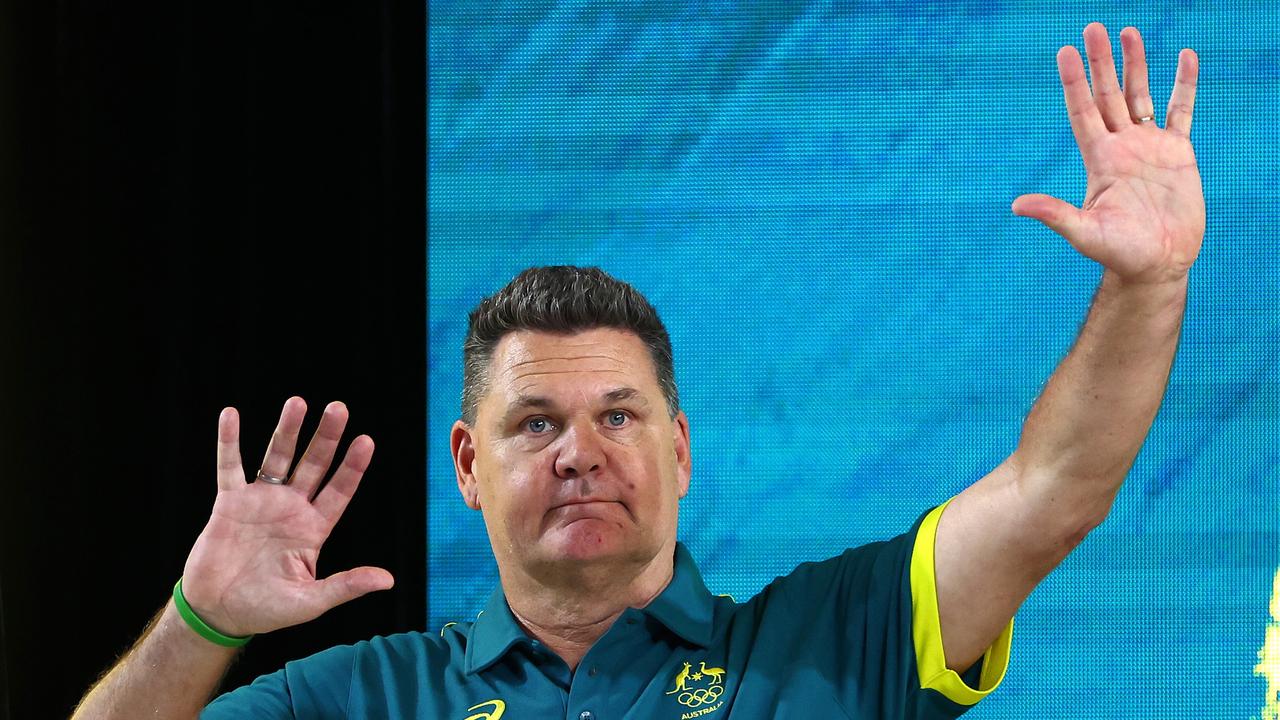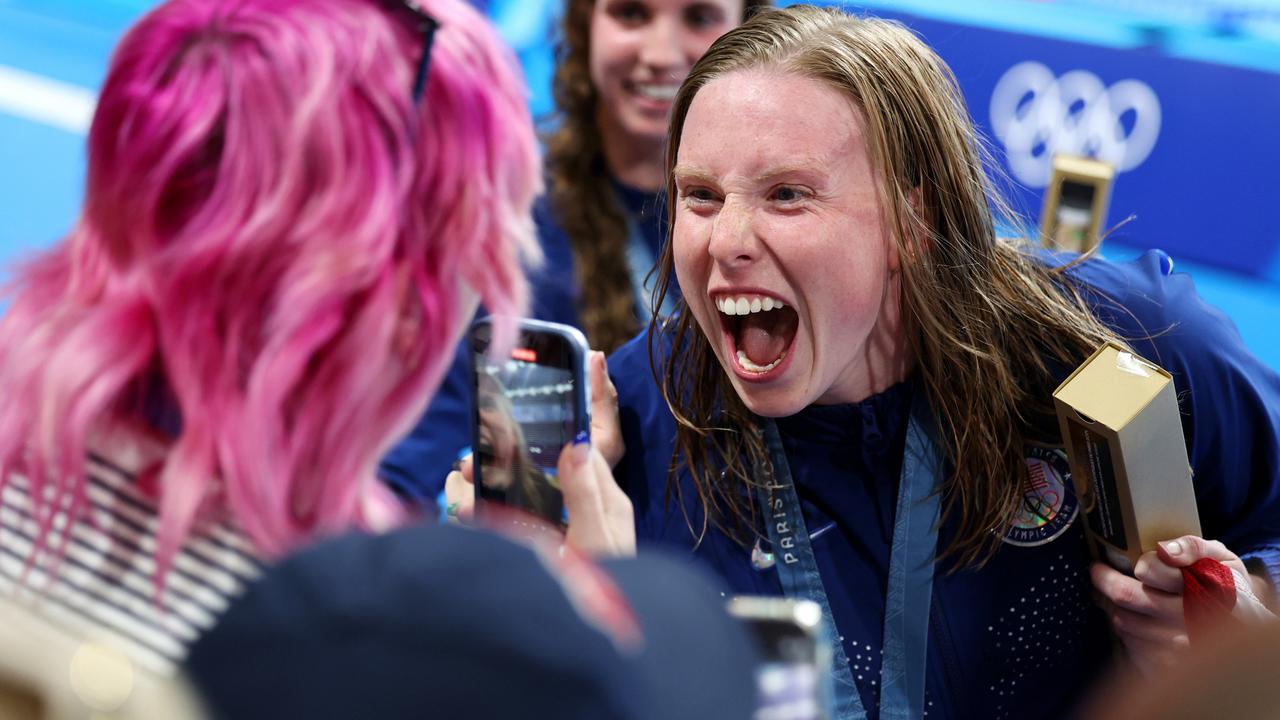WADA poaches leading Australian administrator to calm the waters regarding Chinese swimming scandal fallout
The World Anti-Doping Agency has looked to Australia to appoint someone who can mediate the ongoing fallout of the organisation’s handling of this year’s Chinese swimming scandal.
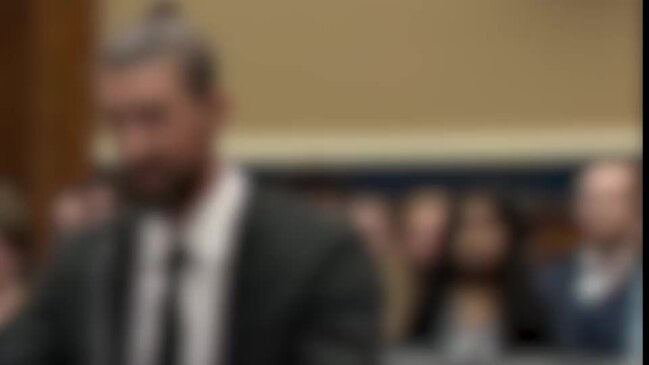
Swimming
Don't miss out on the headlines from Swimming. Followed categories will be added to My News.
Still facing stinging criticism over its handling of the secret Chinese swimming scandal that rocked the build-up to this year’s Paris Olympics, the World Anti-Doping Agency (WADA) has poached a top Australian government administrator as a peacemaker.
Darren Mullaly, the deputy chief executive officer of Sport Integrity Australia (SIA), has just been appointed as WADA’s new director of government relations, effective 13 January 2025.
Widely regarded within international anti-doping circles, Mullaly will relocate to WADA’s headquarters in Montreal at what is a critical time for the global regulator, which has been publicly challenged by a number of its member countries, including Australia and the United States.
Mullaly himself grilled WADA earlier this year, shortly after this masthead first broke the news that nearly two dozen Chinese swimmers, including some Olympic gold medallists, escaped punishment after testing positive to a banned heart-boosting drug in 2021.
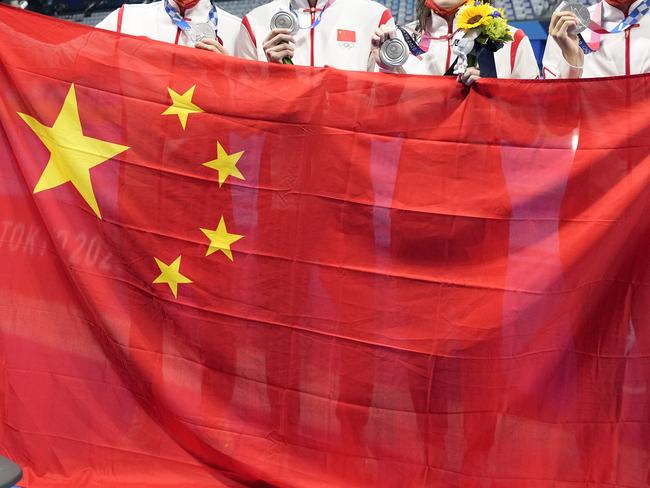
During a global hook-up with WADA’s executives, Mullaly, in his role as the Australian Minister for Sport’s deputy on the Foundation Board and Executive Committee, openly posed the question of whether “the goalposts had moved.”
His thinly-veiled interrogation coincided with calls from his then SIA boss, CEO David Sharpe, for more transparency from WADA, and even more damning criticism from US anti-doping crusader Travis Tygart as American politicians urged the FBI and the Department of Justice to wade in.
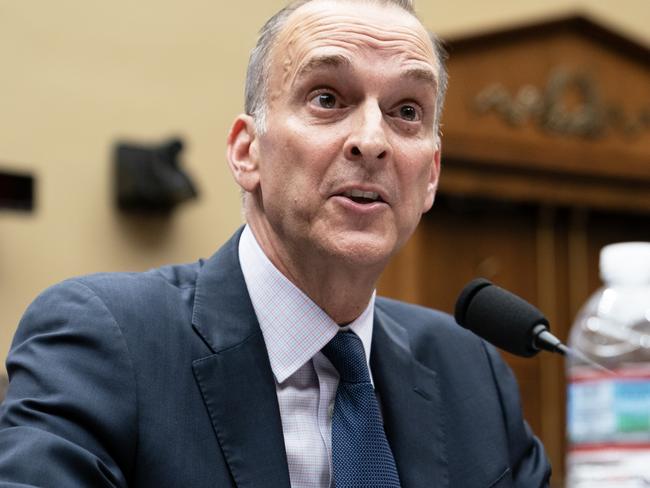
In announcing Mullaly’s appointment, WADA outlined how his role would try and help calm the waters by “developing mutually beneficial relationships between WADA, governments and intergovernmental organisations in support of the global anti-doping system.
“In so doing, he will ensure that governments continue to play a key role in the field of anti-doping and actively contribute to WADA’s global collaborative movement for doping-free sport.”
Despite raising questions about WADA’s handling of the Chinese saga, the Australian government’s sports integrity arm still retains a strong bond with the international drug-busting agency.
Since its inception in 1999, WADA has had just four presidents. The second of those was Australia’s John Fahey, who held the reins from 2008-13, and who passed away in 2020.
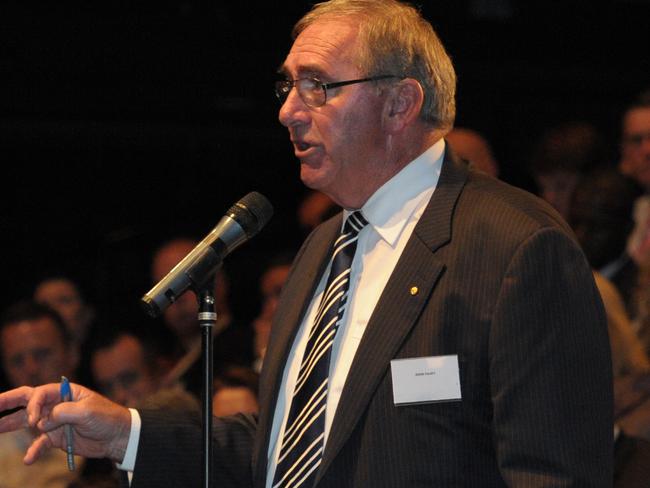
Last year, Australian taxpayers contributed US$546,097 to the running of WADA, as well as an additional US$200,000 to fund anti-doping programs in the Pacific.
Only 10 countries were asked to contribute more to WADA.
China, Canada, Japan, France, Germany, Italy, Spain and the United Kingdom all paid up, but the United States and Russia still have not, underpinning the tensions WADA is facing as Mullaly prepares for his first day on the tools.
The agency’s director general Olivier Niggli said he was confident Mullaly’s appointment would be successful.
“I am delighted that Darren Mullaly will be joining WADA to take on this,” Niggli said.
“With almost 20 years’ experience in the field of anti-doping, Darren brings with him a wealth of knowledge and relationships worldwide.
“I feel very confident that he will continue the good work of his predecessor, René Bouchard, helping us understand the anti-doping issues of our partners around the world, developing closer relationships with them and engaging them in delivering on WADA’s priorities for athletes worldwide.”




